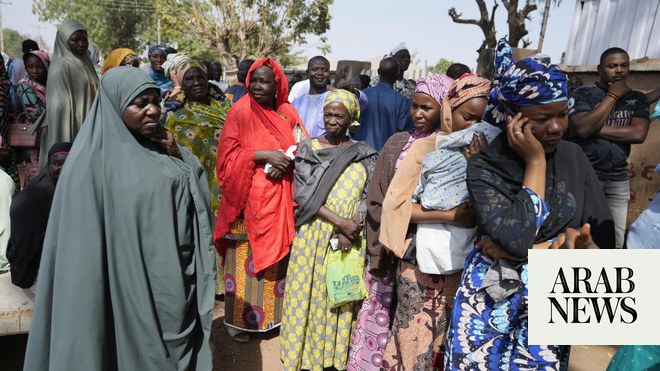
Kenya’s veteran opposition politician Raila Odinga and the deputy president, William Ruto, are locked in a tight race for the country’s highest office, according to early results from Tuesday’s election.
National media updates put Ruto in the lead, at roughly 52%, with Odinga a close second at 47%. The deputy president is performing better than polls had predicted, with a number having placed Odinga in both clear and marginal leads.
Analysts say the race is still too early to call – with results in from only a little more than a third of polling centres. To win the elections in the first round, the candidates would need to secure more than 50% of total votes cast, and at least 25% of votes from 24 of Kenya’s 47 counties. If there is no outright winner, a run-off election would be held in 30 days.
Voter turnout this year has been dismal. An hour before the close of the polls, only about 56% of 22 million registered voters had cast their vote. The electoral body has not provided final turnout figures but initial estimates suggest a downturn from 2017, where 78% of a registered 19 million Kenyans turned out to vote.
The elections are coming amid a cost-of-living crisis and soaring unemployment rates that have left many Kenyan households struggling. Analysts say voters are disillusioned by failed promises of former governments. This year, a significant number of young people opted out of voting in the elections, with a growing number of under-35s, who make up 75% of the country’s population, saying that they do not see elections as a pathway to change.
A troubled electoral history has also lowered public faith in the electoral commission’s ability to run a credible poll. Results have been contested over the last three election cycles, with poll discrepancies in 2017 leading to a repeat election.
To gain support among a disaffected electorate, politicians have had to hinge their campaigns on the pressing economic issues facing the country, prompting a shift away from the country’s ethnic and personality-driven politics towards issue-based campaigns.
Odinga has promised quality healthcare for all and social support for the poor, including a £40 monthly stipend for the most vulnerable households. He has also pledged to revive agriculture and manufacturing, and to fight corruption. Ruto has run his platform on the economic empowerment of the poor, promising to set up a fund for small businesses.
Results are trickling in amid high interest but fairly low tensions. The electoral body has seven days to announce the results, but the winner is expected to emerge within the week. Both Odinga and Ruto have said they would accept the outcome.












